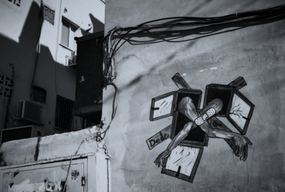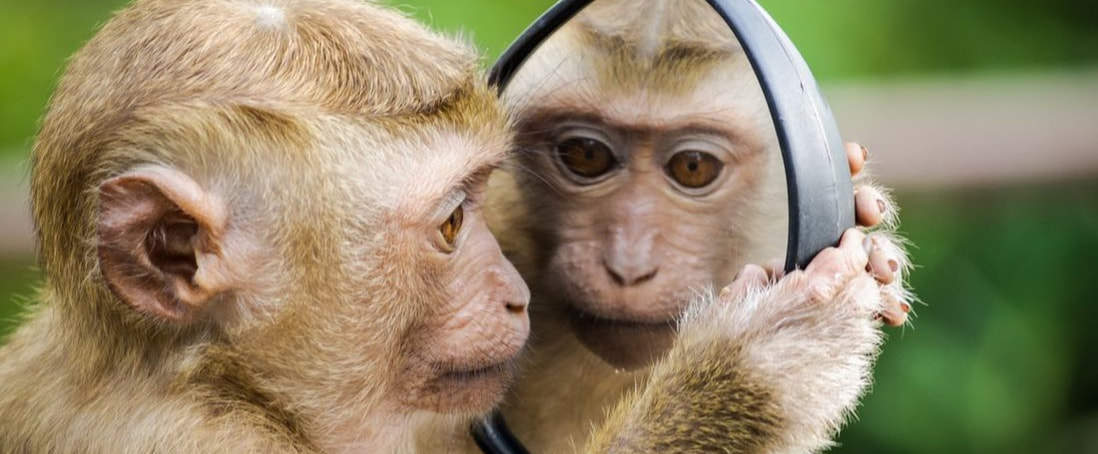
There’s a Zen saying: “Kindness is the fruition of awareness, and awareness is the foundation of kindness.” The group consensus is that this course adds to MBSR which has an explicit focus on awareness, by bringing an equally explicit focus of kindness to the fore!
The Dutch founders of the course, Eric van der Brink and Frits Koster thought that MBSR/CT was too short for many people. They felt that this was particularly so for those of us who are either experts at being self-critical, perfectionistic, prone to being driven (striving), or uncomfortably familiar with shame. Almost everyone really!
Recent research adds credence to their decision with self-compassion practices being being increasingly documented as having many benefits. I'll speak more about these in future newsletters.
Mindfulness says, “Feel the pain” and self-compassion says, “Cherish yourself in the midst of the pain”. Self-compassion practice is a special way to let go of our tendency to resist pain and grasp for pleasure. Eric van der Brink says, "It’s mindfulness from the neck down, emphasising qualities of heart— motivation and emotion— rather than awareness and wisdom".
Mindfulness and self-compassion are complementary ways to embrace our lives more fully. Both acceptance and self-compassion seem to happen more easily after we’ve given up the struggle to feel better.They both orientate us towards friendship with our experience - even painful experience.
"The time will come when, with elation, you will greet yourself arriving at your own door, in your own mirror, and will smile at the other’s welcome "
Derek Walcott, poet.
In LMWC, an intention of kindness is explicit from the first moment and we explore the theme of self-compassion in different ways each week. When we extend compassion to ourselves, it is as if we are a good friend who can listen to our difficulties without butting in with advice -allowing the space for us to sort out our problems by ourselves.
The practices in LMWC tend to be about 20 minutes long and frequently make use of imagination. There are many more practices than in MBSR, and several types of meditation that build on each other as the course progresses.
Like MBSR, there is a good mix of practice, theory, experiential exercises and group sharing. The course draws heavily on the Compassion Focussed Therapy of the psychologist Paul Gilbert as well as the work of Christine Neff and Chris Germer.
Participants in MBSR often find the discipline of doing the practice to be the hardest thing - and yet the practice is what they learn most from. Participants in this course may discover that extending kindness to oneself- can sometimes touch tender places. It can be a little bit like the pain of placing your freezing hands in a bucket of warm water, or the disorientation of stepping into a bright light from the dark ... the process of becoming more comfortable, can sometimes be uncomfortable. It's a kind of defrosting!
When I did the course, I was surprised by both the tender moments and how the practices crept into my life, enriching it in unexpected and delightful ways.
If you've done the course and would like to let those who may be keen but wary know a little about your experience, please post on the HeadRest Facebook page. If you'd like to speak with me about it, please do! If you have done a HeadRest MBSR course before and know you want to do the LMWC course you can buy yourself an early XMAS/New Year present by booking in before Dec 25 for an extra-early-bird discount $470.00. Just send me an email [email protected]
And a quote to wind off, Tenzin Gyatsom the 14th Dalai Lam said, " High levels of compassion are nothing but an advanced state of self-interest".
I'll post some more on the benefits of self-compassion in newsletters to come.


 RSS Feed
RSS Feed
